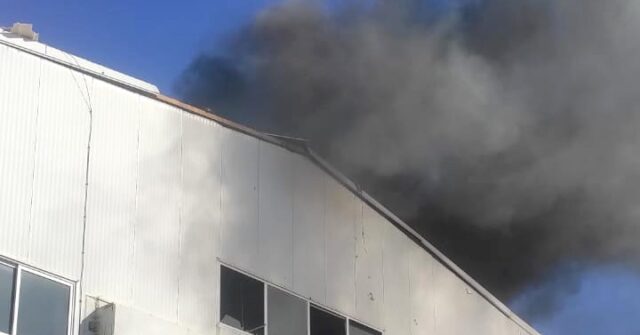On Tuesday, a rocket struck a United Nations Interim Force in Lebanon (UNIFIL) post in southern Lebanon, injuring members of the international peacekeeping contingent. Reports from both the organization and various media outlets suggest that the rocket was likely fired by Hezbollah. This incident has sparked significant concern, particularly as it raises questions about the safety and effectiveness of UNIFIL operations in the region. The escalation of hostilities has placed a spotlight on the ongoing conflict dynamics in southern Lebanon, where the presence of armed factions like Hezbollah complicates the situation for international peacekeepers.
Israel has faced international scrutiny in light of the injuries sustained by UNIFIL personnel, with critics pointing to the potential for disproportionate military responses in sensitive areas. However, Israel has countered this narrative by providing evidence that Hezbollah operates in proximity to UNIFIL posts, often with the apparent intention of jeopardizing the safety of UN peacekeepers. The claim is that Hezbollah exploits these positions to conduct its operations while ultimately jeopardizing the missions of international forces. This situation underscores the challenges faced by UNIFIL as it attempts to uphold United Nations Security Council resolutions aimed at disarming Hezbollah and maintaining peace along the Israeli-Lebanese border.
Despite the UN’s mandate and operational objectives, UNIFIL has faced persistent criticism regarding its effectiveness in enforcing security and disarmament in the region. Its inability to fulfill these functions has raised alarms not only within Israel but also among other nations invested in Middle Eastern stability. Israel has argued that UNIFIL’s failure to act against Hezbollah’s violations poses a continual risk and undermines the broader goals of the United Nations in maintaining regional peace. There are concerns that UNIFIL’s presence may inadvertently provide cover for Hezbollah’s activities rather than acting as a deterrent.
In light of these circumstances, Israel has suggested that UNIFIL troops reconsider their deployment in the area for their safety, particularly in the context of the Israel Defense Forces (IDF) ongoing operations against Hezbollah. The Israeli government contends that it is undertaking necessary military actions that UNIFIL has been unable to perform effectively, thus calling into question the purpose of the mission. This demand raises further questions about the viability and operational legitimacy of international peacekeeping forces in conflict zones where they face active hostilities and pressure from local militant groups.
The discourse surrounding this incident highlights the complex interplay of international relations, military actions, and peacekeeping mandates. With increasing violence and military engagements in Lebanon, the role of UNIFIL becomes even more tenuous. The situation exemplifies a broader concern regarding the effectiveness of international peacekeeping forces in high-stakes environments where non-state actors like Hezbollah are significantly influential. As the conflict evolves, so too does the need for reassessment of international strategies and the role of third-party peacekeeping forces.
In conclusion, the rocket attack on the UNIFIL post combined with Israel’s assertions regarding Hezbollah’s tactics has reignited debates about the effectiveness of peacekeeping missions in volatile regions. It further emphasizes the necessity for rigorous analysis and potential reform of international peacekeeping operations to better adapt to the realities on the ground. Leaders and policymakers must grapple with the implications of such incidents to safeguard both international personnel and the broader objectives of peace and stability in the Middle East. The future of UNIFIL’s role will likely hinge on its ability to navigate the complicated relationships and security challenges posed by militant groups within Lebanon.

